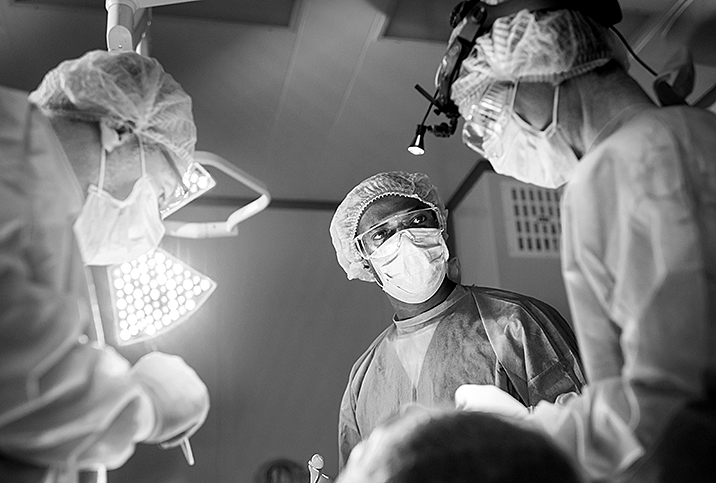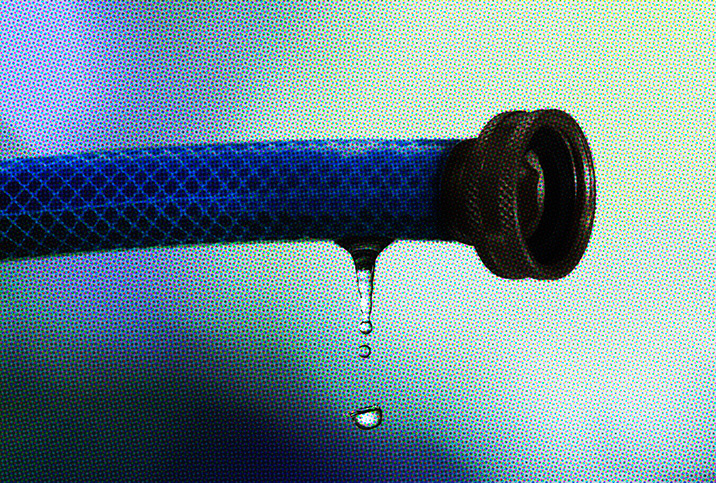Potential Long-Term Effects of Hypospadias

Hypospadias affects about 1 in 200 male babies born in the United States, making it one of the most common congenital disorders (aka birth defects). It affects the development of a boy's penis, specifically the urethra.
With hypospadias, the urethral opening, normally at the tip of the penis, is instead located either farther down the shaft, at the base of the penis, on the scrotum, or even on the perineum. Hypospadias can also cause a dramatic curvature or twisting to the penis or atypically developed foreskin that often covers only the top part of the penis head.
Surgery is usually recommended and often occurs in stages, typically while the boy is between 3 months and 18 months old. A surgeon may place the urethral opening at the correct spot, repair any curve of the penis, and repair the skin around the opening of the urethra.
But with such a dramatic genetic condition affecting a highly sensitive and intimate area, what are some of the long-term effects of hypospadias? Perhaps more important, since the vast majority of hypospadias cases warrant surgery, what are the long-term consequences of hypospadias repair?
Hypospadias repair surgery
The first detail to understand about hypospadias treatment is that when doctors say "surgery," they usually mean "surgeries." One report that examined the hypospadias repair surgeries of 1,176 males showed that they required an average of three surgeries. Almost 10 percent needed five surgeries or more.
Even if repair surgery goes perfectly, boys who have undergone it may have complications into adulthood. These effects vary in severity and are numerous.
Urinary issues
Frequently, men who had hypospadias repair surgery as infants report they have problems going to the bathroom as adults even with their repaired urethra. One long-term follow-up study of men who had undergone hypospadias surgery found:
- 16 to 30 percent (depending on the type of surgical repair) reported post-urination dribbling
- 18 to 32 percent reported deviation of the urinary stream
- 20 percent reported "surplus of skin"
Poor genital perception
Hypospadias repair is a multi-operation, highly intricate and highly traumatic process. Even when all goes to plan, the post-surgery penis isn't likely to have a typical appearance, which can cause men a different kind of trauma. One long-term study found that most men with hypospadias repairs were unhappy with the appearance of their genitals. Importantly, the study authors noted that these feelings about their genitals correlated to poor self-esteem in general.
Sexual dysfunction
Most studies of the long-term effects of hypospadias at least mention sexual dysfunction. Given the scarring, altered appearance and potential self-esteem issues that accompany surgeries, it's little wonder that sexual complications can arise for men with hypospadias, even after it's been treated. However, there are support groups and plenty of online documentation offering advice and tips among men who have hypospadias.
Psychological effects
Studies have also been conducted on the long-term psychological and social effects that hypospadias surgery may create. One 2008 study found a correlation between hypospadias and lower education levels, higher rates of unemployment and more arrests.
The study's authors further stated that the men's complications with urination and sexual function were proportional to the severity of their hypospadias before surgery and noted that in comparison to their control group, the men had problems with psychosexual development. Psychoanalyst Sigmund Freud proposed five psychosexual stages (oral, anal, phallic, latency, genital) for personality development in childhood. Each stage represents the fixation of libido, or sex drive, on a different area of the body. (A note of caution: The 2008 study looked at only 50 men with hypospadias, so it's hardly conclusive.)
Untreated long-term consequences
Given all the issues men face after hypospadias repair, some new parents may wonder if it's just better to forgo surgery altogether. Most of the time, doctors treating boys with hypospadias will recommend surgical correction unless the urethral opening is very close to the tip of the penis. Parents should know that untreated hypospadias can lead to lifelong issues, including:
- Trouble urinating, including needing to sit to pee
- Abnormal penis appearance
- Impaired ejaculation and/or problems conceiving
- Abnormal curvature of the penis when erect
Surgical techniques are improving, as is the understanding of the related long-term complications of hypospadias—both from treating it and leaving it alone—meaning it's easier than ever for many affected men to live a normal life.

















